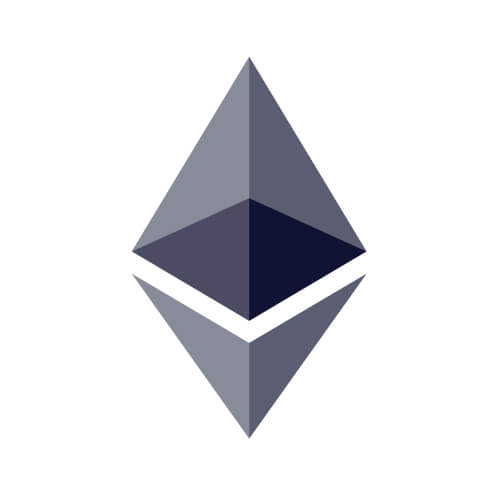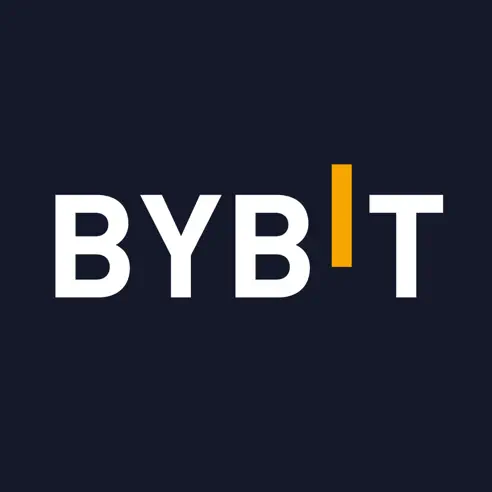The Brazilian National Data Protection Authority has officially forbidden World Network—a digital ID project using iris-scanning technology—from offering cryptocurrency as an incentive for people to provide their biometric data. The decision came on January 24, 2025, through an investigation launched immediately after the project was launched in Brazil in November 2024.

Regulatory Concern Over Consent
The ANPD thus concluded that the offer of crypto as a reward may invalidate the user consent concerning the sensitive data collection of biometrics. This authority has pointed out that Brazilian law requires consent to be free, informed, unequivocal, and specific for specified purposes. As such, these financial incentives, it was said, could modify the decisional process of individuals under certain conditions that prevailed in society.
It was exposed by an investigation of the ANPD that biometric data, by its very nature (sensitive and irreversible), bears high privacy risks. Once collected, the data can never be deleted, which further complicates the ethical implications of their use.
Background of World Network
World Network, formerly known as Worldcoin, was incorporated in 2019 by its current CEO, Sam Altman, along with OpenAI. The project aims to create the world’s first universal digital identity and financial network using iris scans through a high-tech gadget called the “orb.” The technology makes it easier for users to go through identification, reducing time or hassle with financial transactions but has already seen a surge of concerns associated with privacy and data security.
The data protection authority in Germany put on record concerns about the project on the use of biometric data and ordered the company to bring it into line with the EU General Data Protection Regulation by December 2024.
Market Impact
Immediately following the announcement by Brazil, the native token WLD of World Network plunged. It is down over 10.1% in the last 24 hours to $1.88, an 83.9% fall from its all-time high of $11.74 way back in March 2024, according to data from CoinGecko.

The recent plunge in price shows how sensitive the market can get toward any news regarding regulations and protection laws around these cryptocurrency projects.
In the midst of the debate about privacy and consent in this digital age, World Network proceeds with an example to forge forward into the most treacherous and confusing regulatory minefields across planet Earth, on one important front in maintaining the public’s allegiance.
















